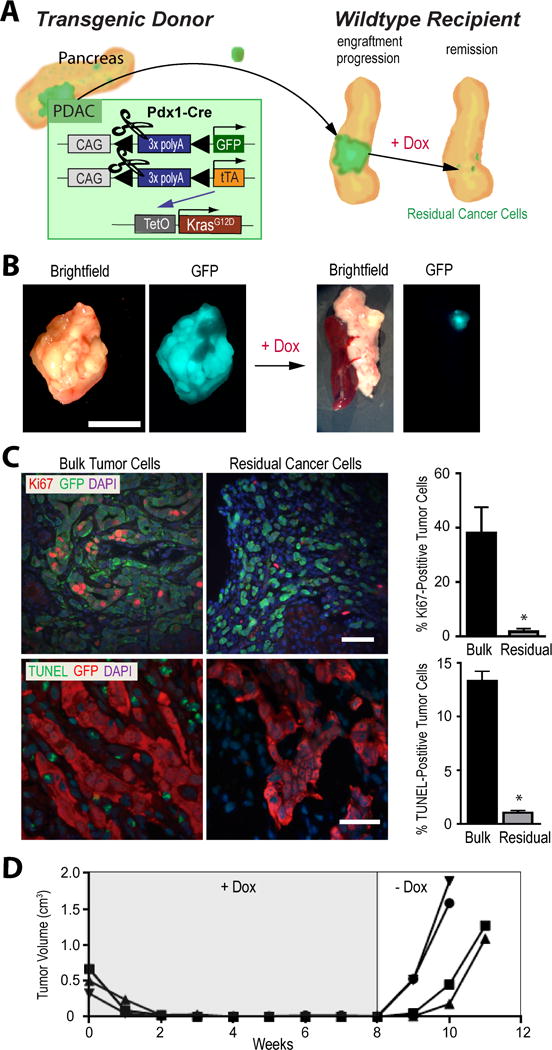Figure 2. Pancreatic cancer cell dormancy following tumor regression in response to the ablation of oncogenic KRAS is a mediator for disease recurrence.

A. Schematic outline of the cell-fate-labeling method in combination with cancer cell transplantation to study tumor regression and cancer cell dormancy in the absence of mutant KRAS expression. B. Stereoscopic bright-field and GFP fluorescent images of pancreatic bulk tumors and residual cancer tissues before and four weeks after doxycycline (Dox)-mediated downregulation of mutant KRAS; bar represents 1 cm. C. Immunofluorescence staining of Ki67 and GFP as well as TUNEL labeling of GFP-positive pancreatic cancer cells on histological sections of bulk tumors and residual cancer cells (four weeks after downregulation of mutant KRAS); bar represents 50 μm. Diagrams show the relative number of proliferating and apoptotic cells within both tissue types D. Growth suppression of individual pancreatic tumors in wildtype recipient mice that lack oncogenic KRAS expression. Re-expression of mutant KRAS following withdrawal of Dox led to swift disease recurrence.
